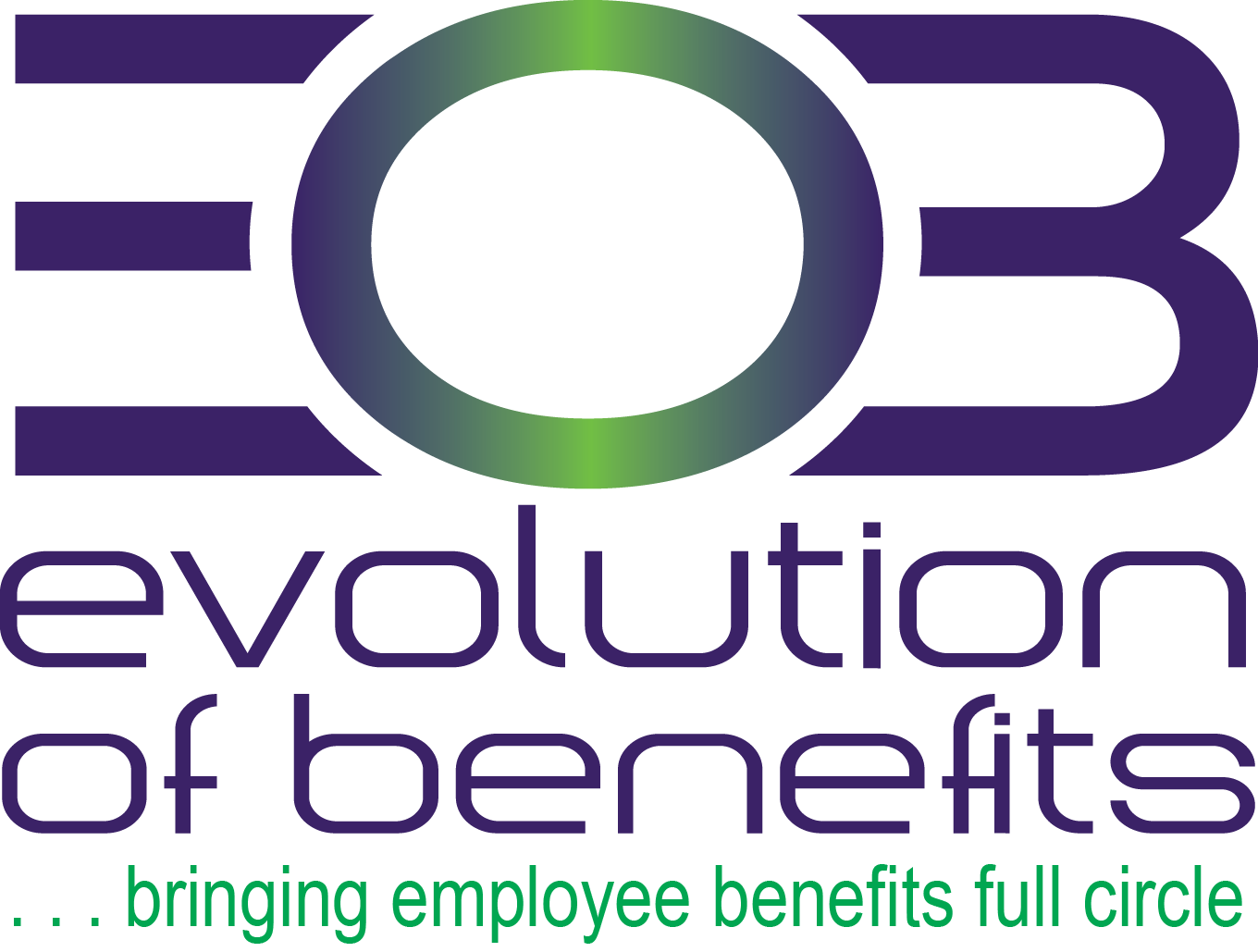HR Compliance Bulletin: DOL Issues Guidance on AI and FMLA Administration

The Wage and Hour Division (WHD) of the U.S. Department of Labor recently published a Field Assistance Bulletin (FAB) warning that the use of artificial intelligence (AI) and other automated systems could cause employers to violate laws WHD enforces, including the federal Family and
Medical Leave Act (FMLA).
Click here to view and download the latest HR Compliance Overview
HR Compliance Bulletin: Overview of the EEOC’s Workplace Guidance to Prevent Harassment

On April 29, 2024, the U.S. Equal Employment Opportunity Commission (EEOC) published its final guidance on harassment in the workplace, which went into effect immediately upon issuance. The guidance explains how the EEOC may enforce equal employment opportunity (EEO) laws against an employer when workplace harassment is alleged or suspected.
Click here to view and download the latest HR Compliance Overview
Compliance Bulletin – HSA/HDHP Limits Will Increase for 2025

On May 9, 2024, the IRS released Revenue Procedure 2024-25 to provide the inflation-adjusted limits for health savings accounts (HSAs) and high deductible health plans (HDHPs) for 2025. The IRS is required to publish these limits by June 1 of each year.
Employers sponsoring HDHPs should review their plan’s cost-sharing limits (i.e., the minimum deductible amount and maximum out-of-pocket expense limit) when preparing for the plan year beginning in 2025.
Compliance Bulletin – Preparing for the FTC’s Noncompete Ban

On April 23, 2024, the Federal Trade Commission (FTC) voted to issue a final rule that would prohibit employers from entering into or enforcing noncompete clauses with most employees. The final rule was published in the Federal Register on May 7,2024, and is scheduled to take effect 120 days after such date on Sept. 4, 2024.
Compliance Tracker – May

No key compliance deadlines for May 2024
Upcoming Compliance Dates:
A | Submit RxDC Report – June 1, 2024
Group health plans must annually submit detailed information on prescription drug and health care spending to the federal government.
B | File EEO-1 Report – June 4, 2024
Private-sector employers with 100 or more employees and federal contractors with 50 or more employees meeting certain criteria must submit demographic workforce data to the EEOC each year as part of the EEO-1 data collection.
Compliance Bulletin – Medicare Part D Changes May Impact Creditable Coverage Status of Employer Plans

The Inflation Reduction Act of 2022 (IRA) includes several cost-reduction provisions affecting Medicare Part D plans, which may impact the creditable coverage status of employer-sponsored prescription drug coverage beginning in 2025.
Employers that provide prescription drug coverage to individuals who are eligible for Medicare Part D must inform these individuals and the Centers for Medicare and Medicaid Services (CMS) whether their prescription drug coverage is creditable, meaning that the employer’s prescription drug coverage is at least as good as Medicare Part D coverage
Compliance Bulletin – Mental Health Parity Compliance Remains a Key Focus in 2024

The federal government is continuing its efforts to improve access to mental health and substance use disorder (MH/SUD) care in 2024, with a top enforcement priority being compliance with the Mental Health Parity and Addiction Equity Act (MHPAEA) for employer-sponsored health plans.
MHPAEA is a federal law that prevents group health plans and health insurance issuers that provide MH/SUD benefits from imposing more restrictions on those benefits than what generally applies to comparable medical or surgical benefits.
Compliance Bulletin – Form 5500 Deadline is July 31st

Each year, employers that are subject to the Employee Retirement Income
Security Act of 1974 (ERISA) must electronically file an annual report
(Form 5500) for each employee benefit plan they maintain unless a filing
exemption applies.
Employers with employee benefit plans that operate on a calendar year
basis must file their annual reports for 2023 with the U.S. Department of
Labor (DOL) by July 31, 2024. An employer may extend this deadline by
2.5 months (until Oct. 15, 2024) by filing Form 5558 with the IRS by July
31, 2024.
Compliance Tracker – April

A | Filing Deadline for Affordable Care Act (ACA) Returns (Electronic Reporting) – April 1, 2024
Applicable large employers (ALEs) and non-ALEs with
self-insured plans must file their ACA returns with the
IRS by April 1, 2024, if filing electronically. Beginning
in 2024, most employers are required to file their ACA
returns electronically.
B | EEO-1 Data Collection Begins – April 30, 2024
Employers with 100 or more employees and certain
federal contractors must file EEO-1 reports with the
Equal Employment Opportunity Commission (EEOC)
each year. The EEOC’s portal for submitting EEO-1 reports
from 2023 is scheduled to open on April 30, 2024.
C | Posting Period Ends for OSHA Form 300A – April 30, 2024
Employers may remove their OSHA Form 300A posting
at any time on or after April 30, 2024. This form, which
summarizes workplace data from 2023, must be posted
from Feb. 1, 2024, until April 30, 2024
HR Compliance Bulletin: Preparing for the DOL’s New Overtime Rule

In early March 2024, the U.S. Department of Labor’s (DOL) proposed
overtime rule, announced in August 2023, entered its last stage of review.
Publication of the final rule is expected soon. The rule would amend the
requirements that employees in certain white-collar occupations must
satisfy to qualify for an overtime exemption under the Fair Labor
Standards Act (FLSA).
The FLSA white-collar exemptions apply to individuals in executive,
administrative, and some outside sales personnel and computer-related
occupations. Some highly compensated employees (HCEs) may also
qualify for a FLSA white-collar exemption.
For more info, download the latest compliance overview below.
Click here to view and download the latest HR Compliance Overview




















